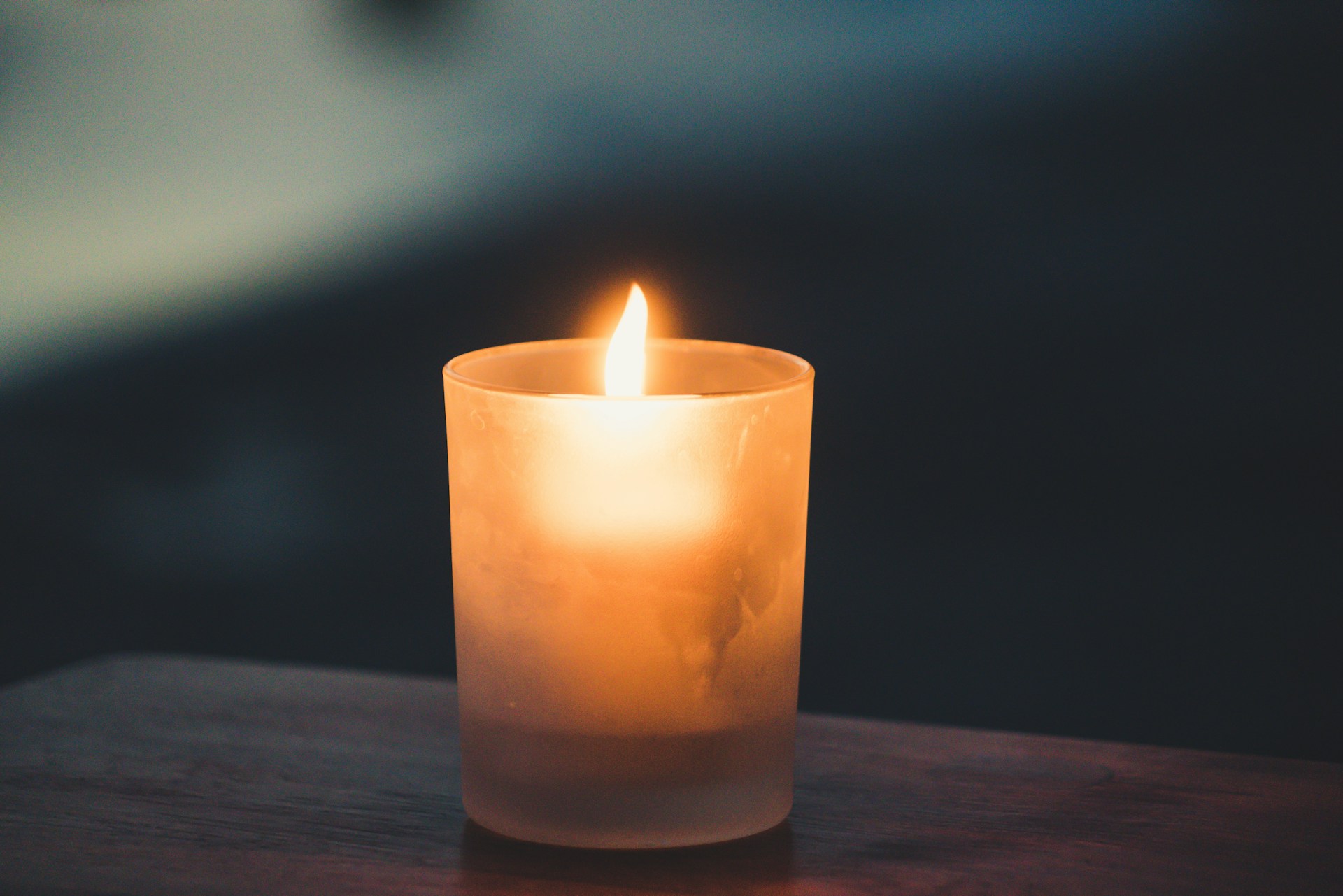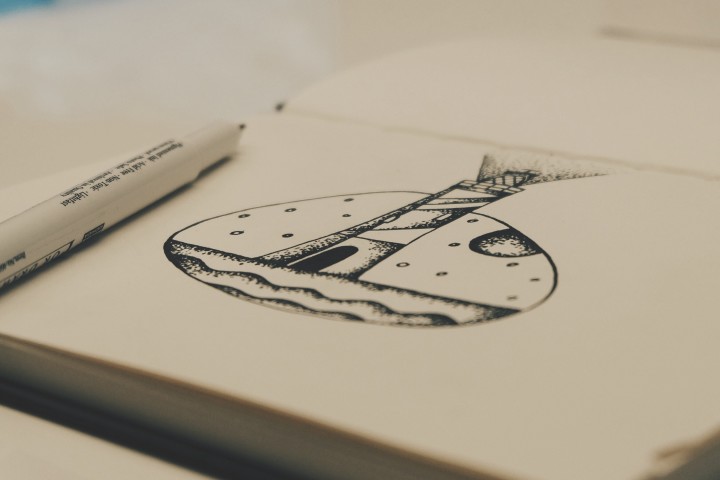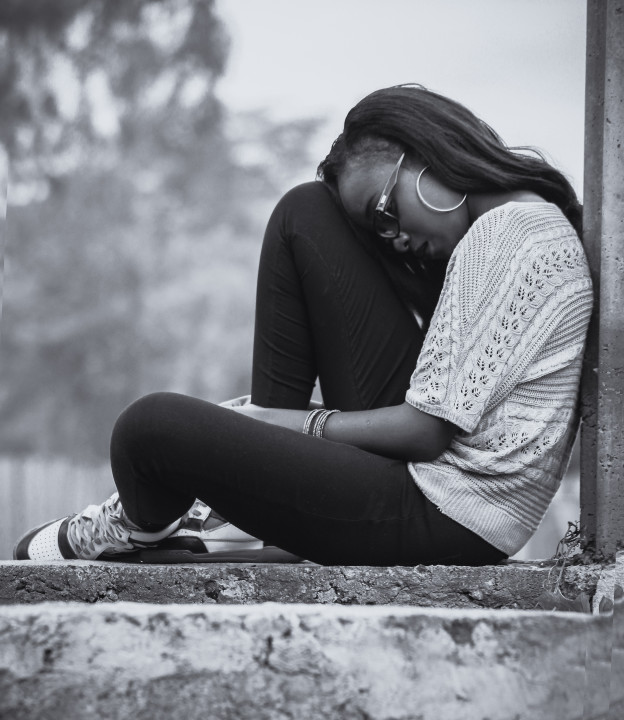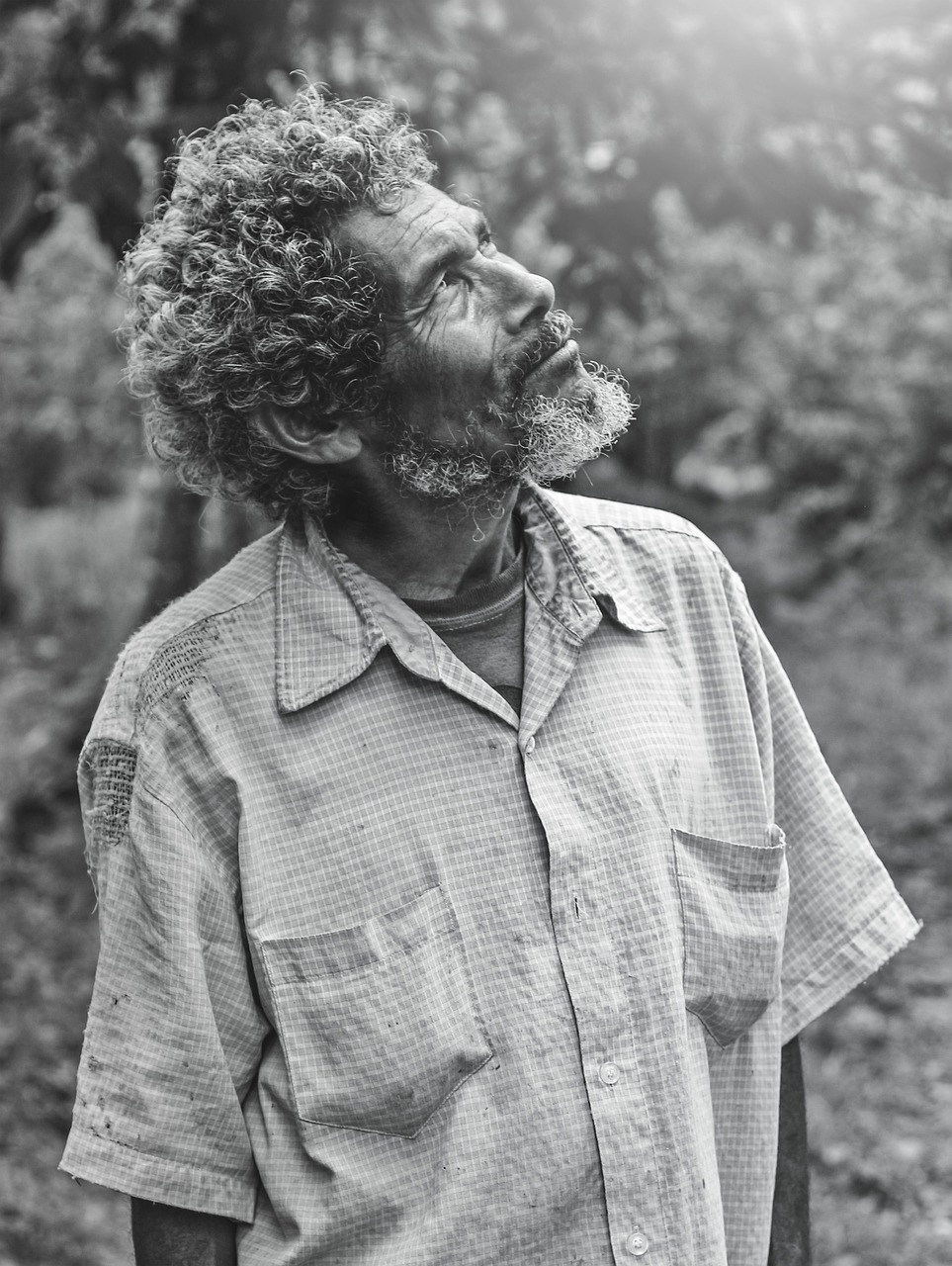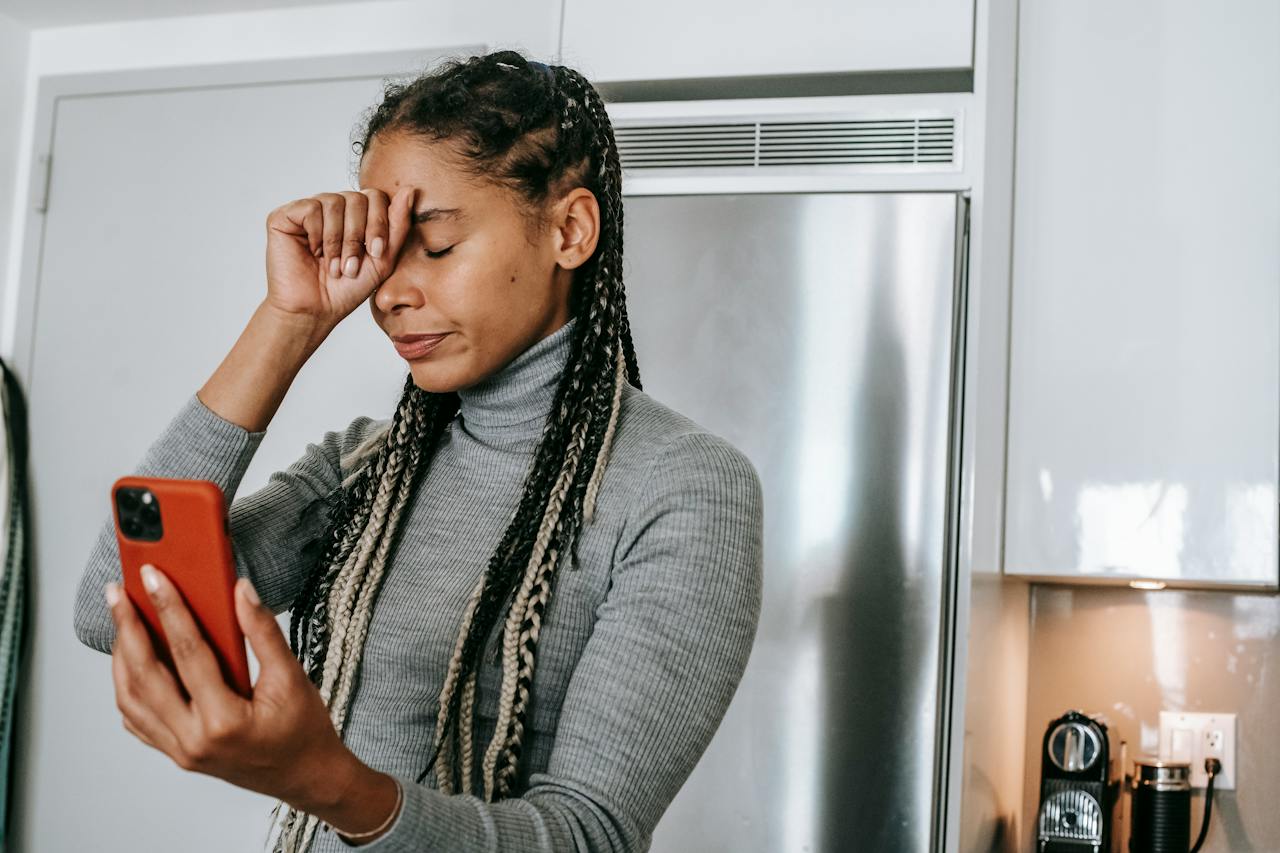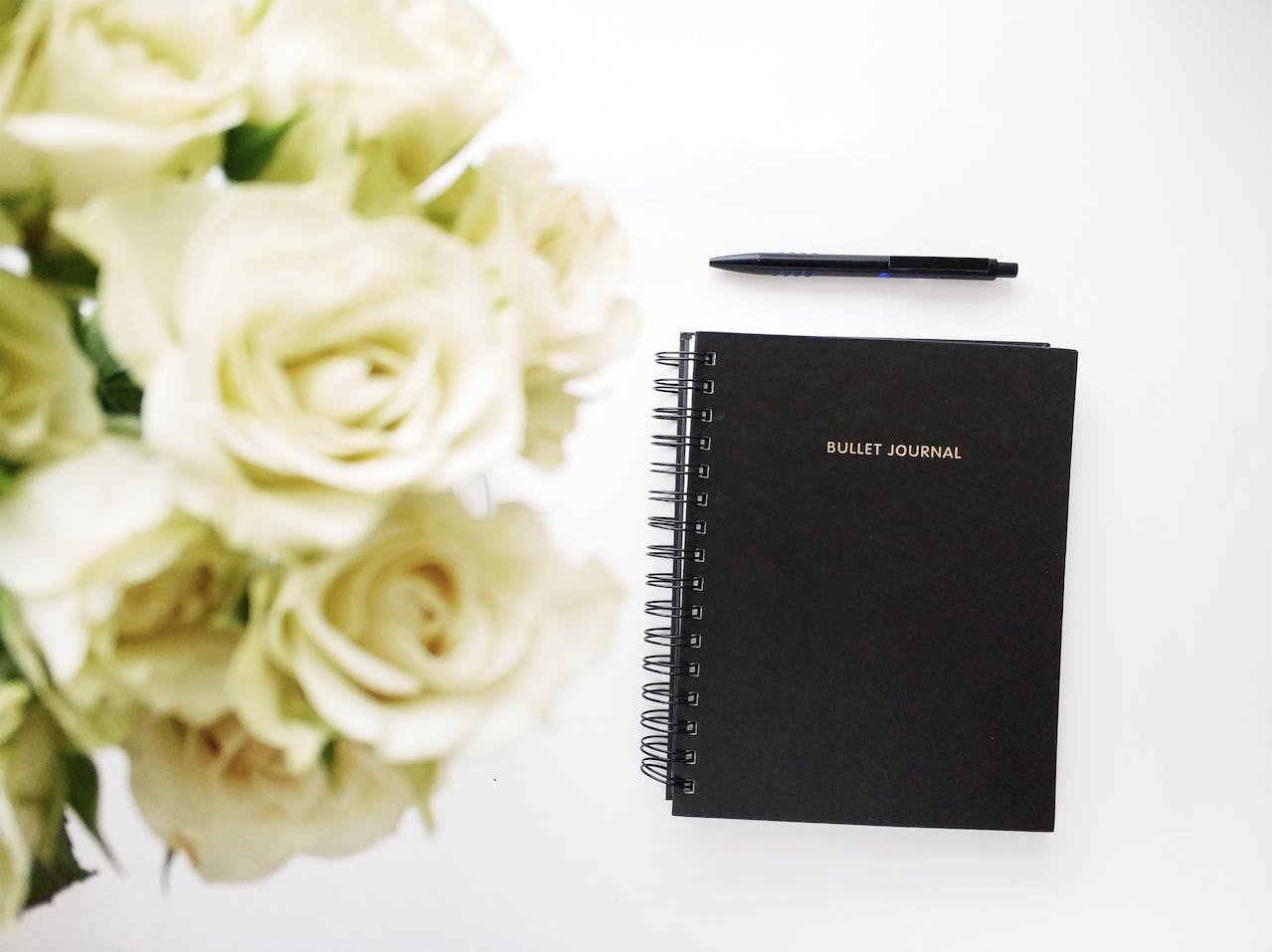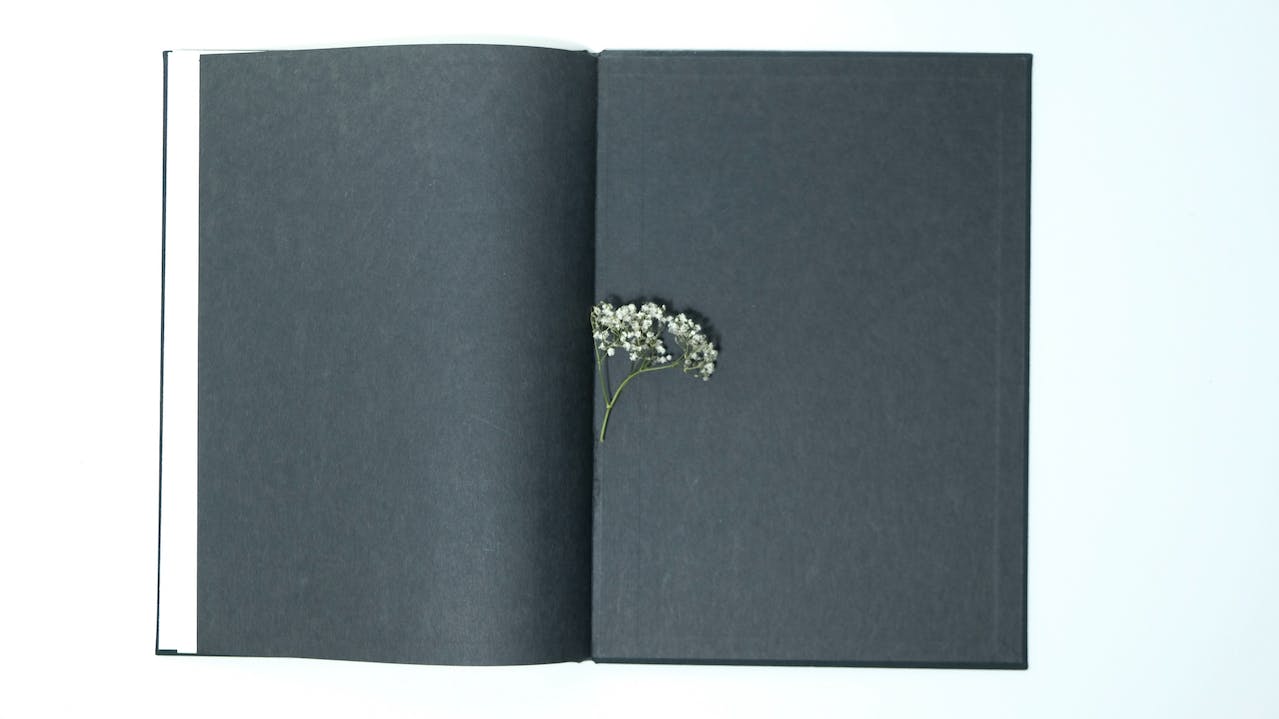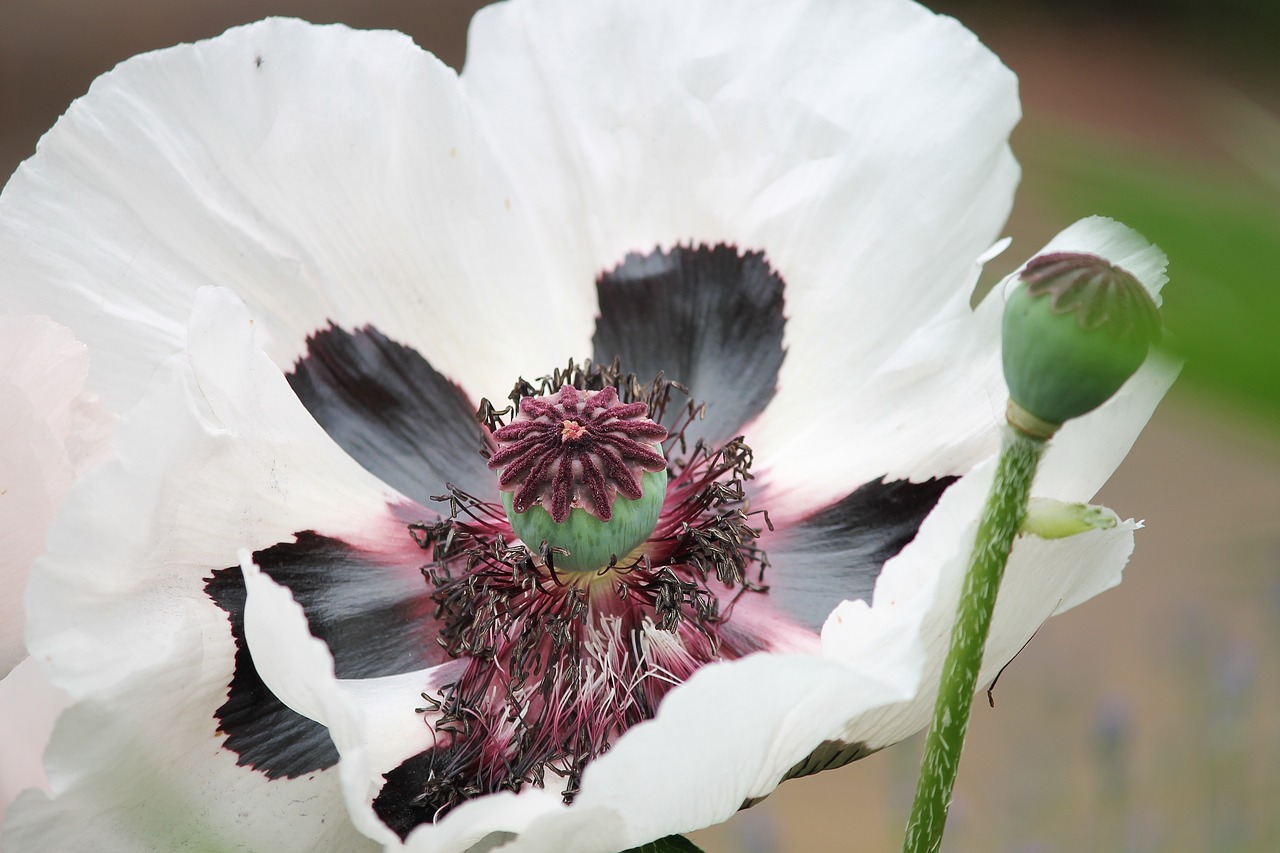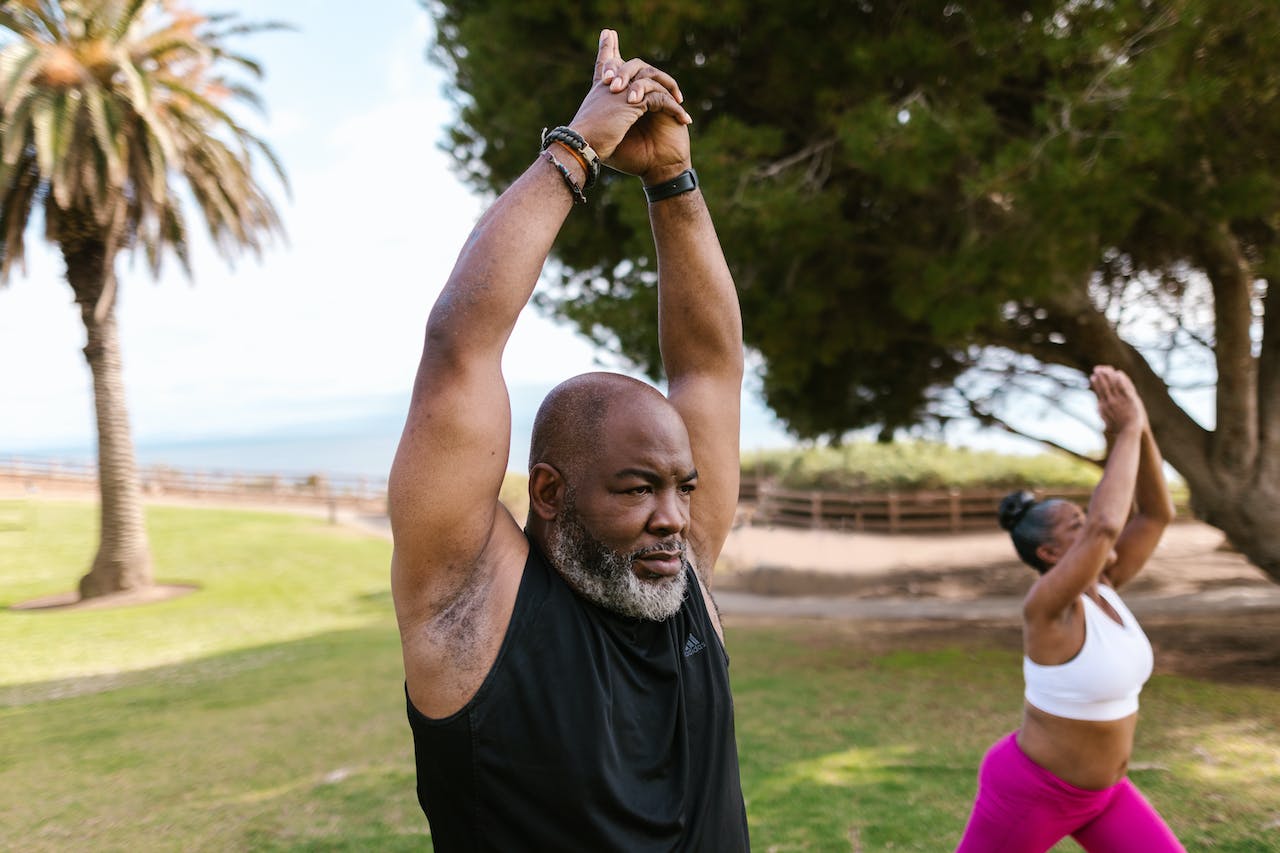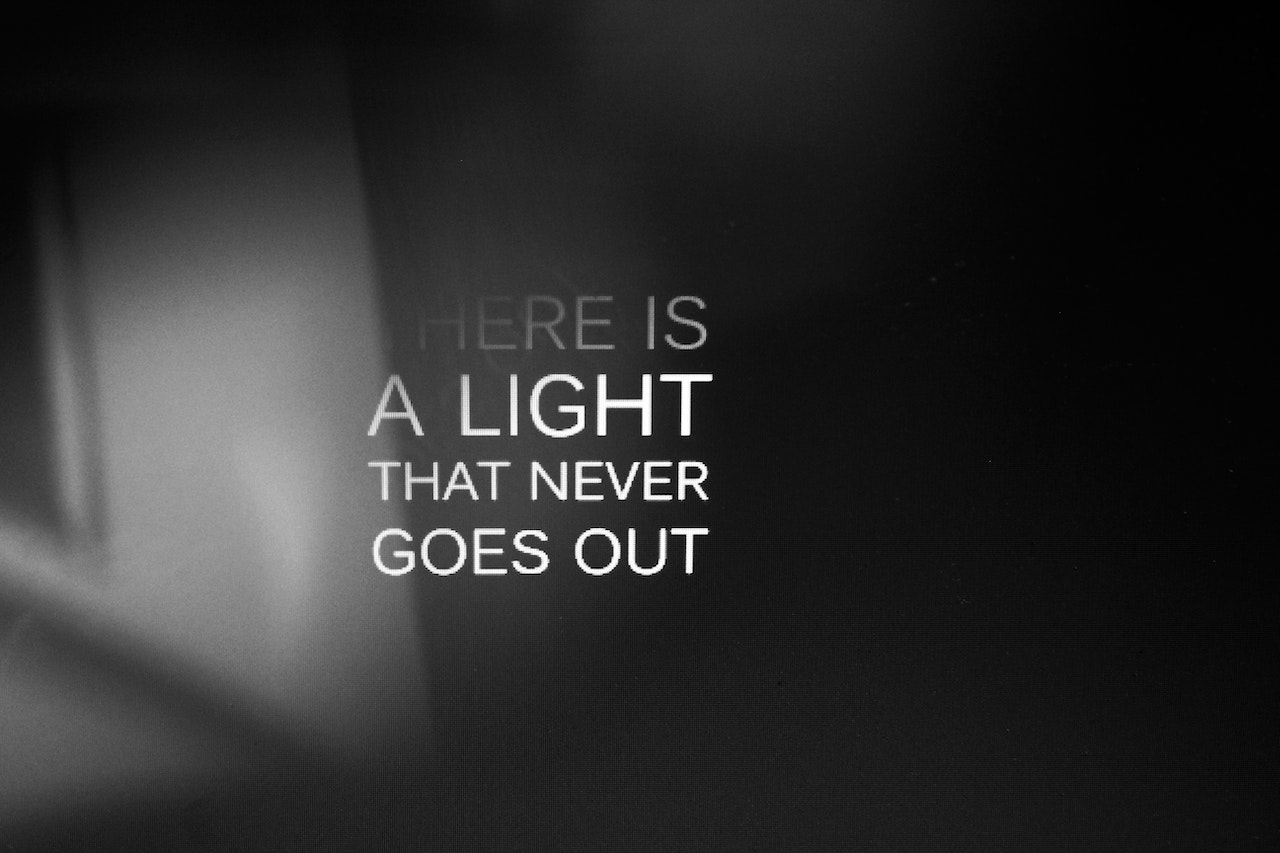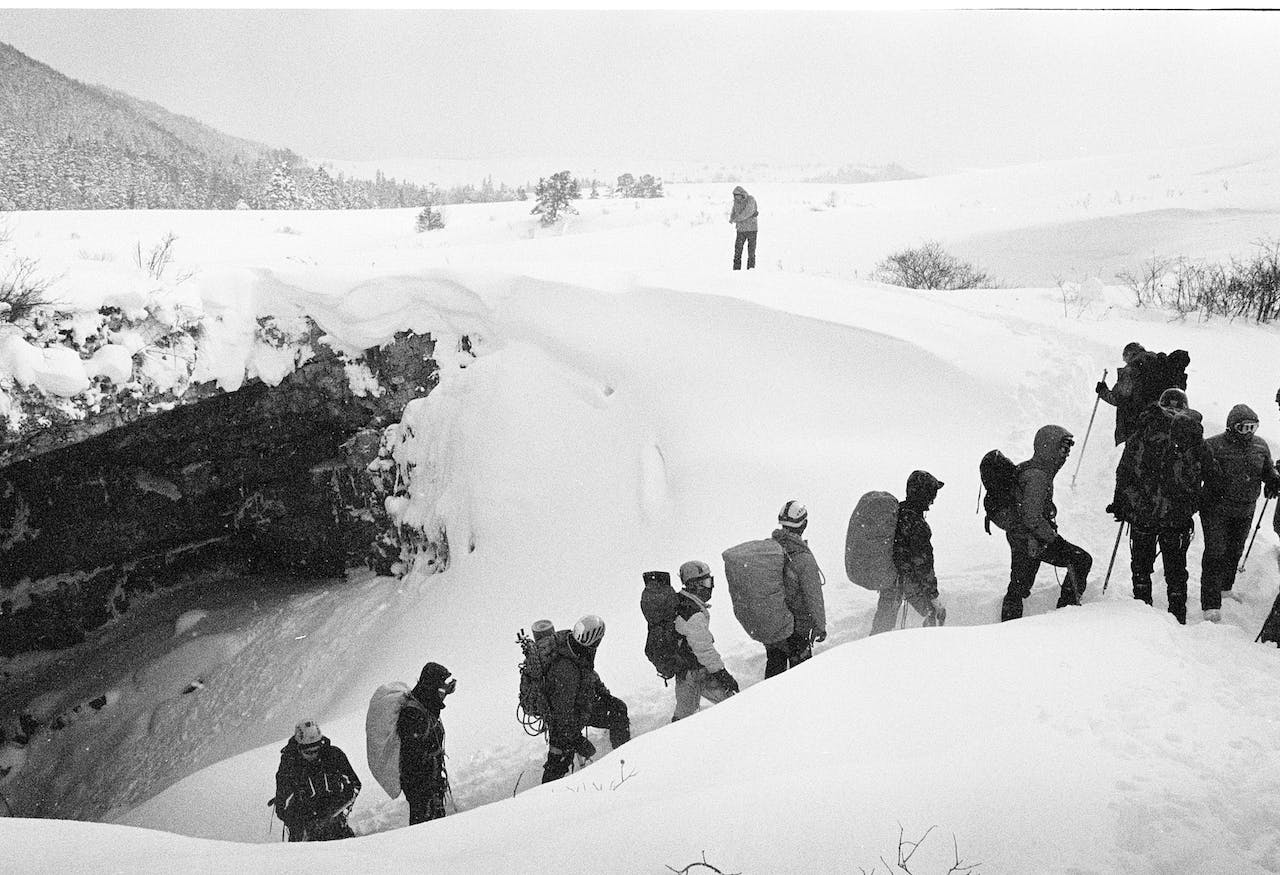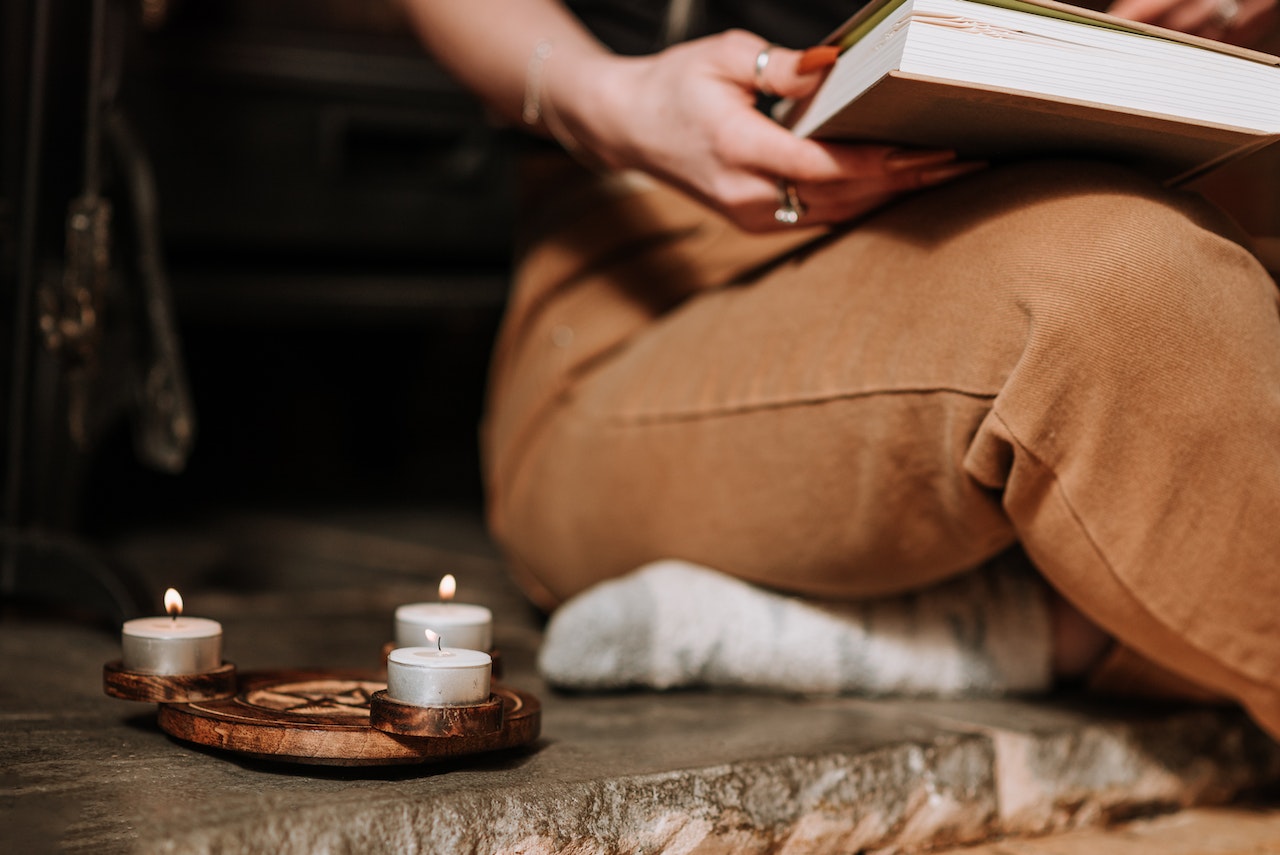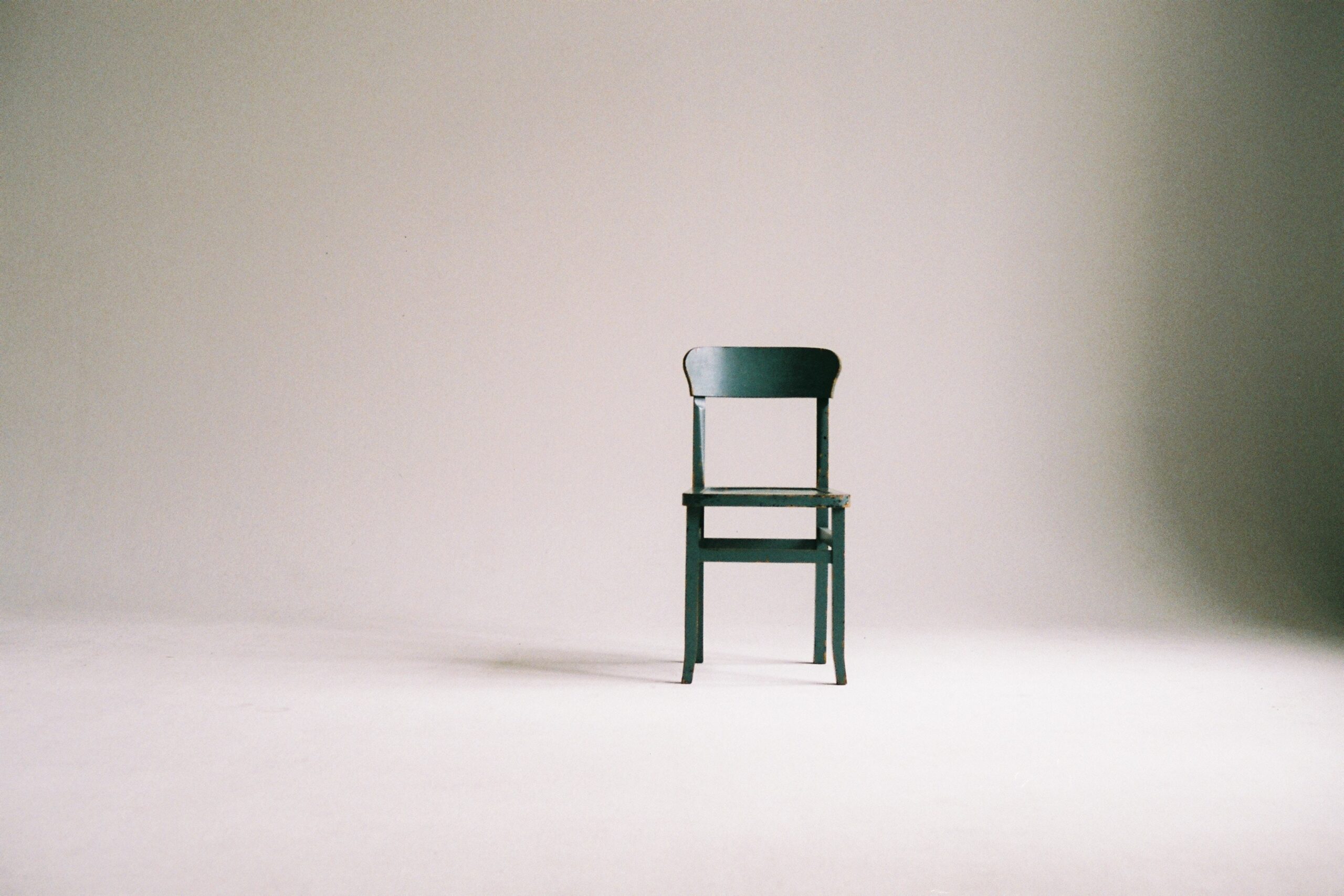Table of Contents
What is grief and why do we feel it after a loss?
How to grieve a loss and cope with pain. Everyone does it on their own terms. There is no one answer to this question, as grief can be experienced in many different ways. For some people, grief is a sharp, intense pain that feels like it will never go away. For others, it may be more of a dull ache that lingers for months or even years after a loss. Whatever form it takes, grief is unique to each individual and should be honored and respected.
While there is no right or wrong way to grieve a loss, there are some things that can help make the process a little bit easier. If you are grieving the loss of someone close to you, know that you are not alone. There are many resources available to help you through this difficult time. Lean on your friends and family for support, and don’t hesitate to seek professional help if you need it. Grief is a natural response to loss, and it is important to allow yourself time to mourn. Be gentle with yourself, and take things one day at a time. The road ahead may be difficult, but eventually it will lead you back to happiness.

The five stages of grief
If you’ve ever lost a loved one, or experienced another significant loss, you know that the grieving process can be incredibly difficult. Many people don’t understand what you’re going through, and it’s easy to feel alone. Grief is a personal experience, and everyone deals with it in their own way. While there is no single right way to grieve, there are five common stages of grief: denial, anger, bargaining, depression, and acceptance. Each stage can last for weeks or months, and sometimes they occur in different order for different people. Coping with grief can be a long journey, but eventually most people find a way to heal and move on. If you’re struggling with grief, know that you’re not alone. There is support available, and it’s ok to seek help from professionals or other loved ones. Grief is a natural reaction to loss, and it will get better over time. Keep hope alive!
How to cope with the pain of grief
No one is immune to pain and grief – it’s something that we all have to face from time to time. Whether we’ve lost a loved one, gone through a devastating breakup, or are struggling with a chronic illness, pain and grief can be overwhelming. And it can be hard to know how to cope. In this article, we’ll discuss some of the best ways to deal with pain and grief. We hope that this information will help you find the support and healing you need during these tough times.
We all experience pain and grief in our lives, sometimes we can manage it on our own, but other times we need help. In this post, I will offer some tips for coping with pain and grief. Whether you are grieving the death of a loved one, experiencing chronic pain, or struggling with another type of hardship, I hope these tips will be helpful to you. Thank you for reading!
What to do when you don’t know how to grieve a loss
Most people know how to grieve. They lose a loved one and they cry, they hug their friends, they go to the funeral and they eventually start to feel better. But what if you don’t know how to grieve? What if the death of a loved one throws you into a world of confusion and pain that you don’t know how to escape? Don’t worry, you’re not alone. Millions of people around the world are struggling with grief right now and don’t know what to do. If you’re one of those people, this blog post is for you. I’m going to share some tips on how to deal with grief when you don’t know how to grieve. Hope it helps.
Grieving is a process that looks different for everyone. There is no right or wrong way to grieve a loss, and there is no timeline for healing. However, if you find yourself struggling to cope with your loss, there are a few things you can do to help yourself through the grieving process. First, it is important to allow yourself to feel your emotions. It is normal to feel a range of intense emotions, including sadness, anger, and guilt. Trying to bottle up your emotions will only make them harder to deal with in the long run. Secondly, it is important to talk about your feelings with friends or family members who are supportive. Talking about your loss can help you to process your emotions and start to work through them. Finally, it is important to take care of yourself during this difficult time. Eating well, getting enough sleep, and exercising regularly will help you to maintain your physical and mental health. Grief can be a difficult and painful experience, but by taking care of yourself, you can start to heal.
Here are some great reads I recommend for those who are grieving a loss and needing guidance for coping with pain.
Try This – My #2 Recommendation

How to support someone who is grieving a loss
Grief is a natural process that everyone experiences at some point in their lives. losing a loved one, whether it be through death, divorce, or any other type of loss, can be one of the most difficult experiences a person can go through. grief is a process that is unique to each individual and there is no “right” or “wrong” way to grieve. however, there are some things that you can do to support someone who is grieving.
The most important thing you can do is to simply be there for the person. Let them know that you are available to talk whenever they need to and just be a shoulder to cry on. sometimes, all a grieving person needs is someone to listen to them and offer a hug. try to avoid saying things like “it’s going to be okay” or “you’ll get through this.” although you may mean well, these phrases can come across as dismissive or minimize the gravity of the situation. instead, try saying something like “I’m here for you” or “I’m sorry for your loss.”
Another way you can support someone who is grieving is by helping out with practical tasks. offer to run errands, cook meals, or help with childcare. this can take some of the burden off of the grieving person and give them time to focus on taking care of themselves. finally, try not to judge how the person is grieving or how long it takes them to heal. Grief is different for everyone and there is no timeline for grief. Let the person grieve in their own time and in their own way.
Grief is a natural response to loss. It’s the process of mourning and learning to accept a change in our lives. grief can be triggered by many different types of loss, including the death of a loved one, the loss of a job, or the end of a relationship. No matter what the cause, grief can be a difficult and painful experience. However, it’s also an important part of healing. The following are some ways you can support someone who is grieving:
-Listen: One of the best things you can do for someone who is grieving a loss is to simply listen. Let them talk about their grief, their memories, and their feelings. Don’t try to offer solutions or tell them how they should feel. Just be there for them and let them know you’re listening.
-Be patient: Grief can be unpredictable. Some days may be good, while others may be bad. It’s important to be patient with someone who is grieving and not expect them to return to their “normal” self overnight.
-Offer practical help: When someone is grieving, they may not have the energy or ability to take care of everyday tasks. Offer to help with things like cooking, cleaning, or running errands.
-Create a support network: In addition to friends and family, there are many grief support groups available both in person and online. Help the grieving person connect with others who are going through similar experiences.
-Encourage healthy coping mechanisms: Grieving can be emotionally and physically exhausting. Help the person cope in healthy ways by encourage them to eat well, exercise, and get enough sleep.
These are just a few ways you can support someone who is grieving. Ultimately, everyone grieves in their own way and at their own pace. Just being there for them can make a world of difference.
Memorializing a loss
When we lose someone we love, it can be difficult to find ways to keep their memory alive. However, memorializing our loved ones is an important part of grief and healing. There are many different ways to memorialize a loss, and the best way is often the one that feels most natural and meaningful to you.
Some people choose to create a physical memorial, such as a garden or plaque. Others might write about their loved one or share stories and photos online. Some people choose to perform acts of service in their loved one’s name. No matter how you choose to memorialize your loved one, the important thing is that you do it in a way that brings you comfort and peace.
Listen in to my conversation with Grief Coach and Grief Thriver Sissi O’Shaughnessy on the Blossom Your Awesome Podcast episode #64 on Grieving and Healing.
Or listen in to a different episode of the podcast here.
Watch the interview here.













































